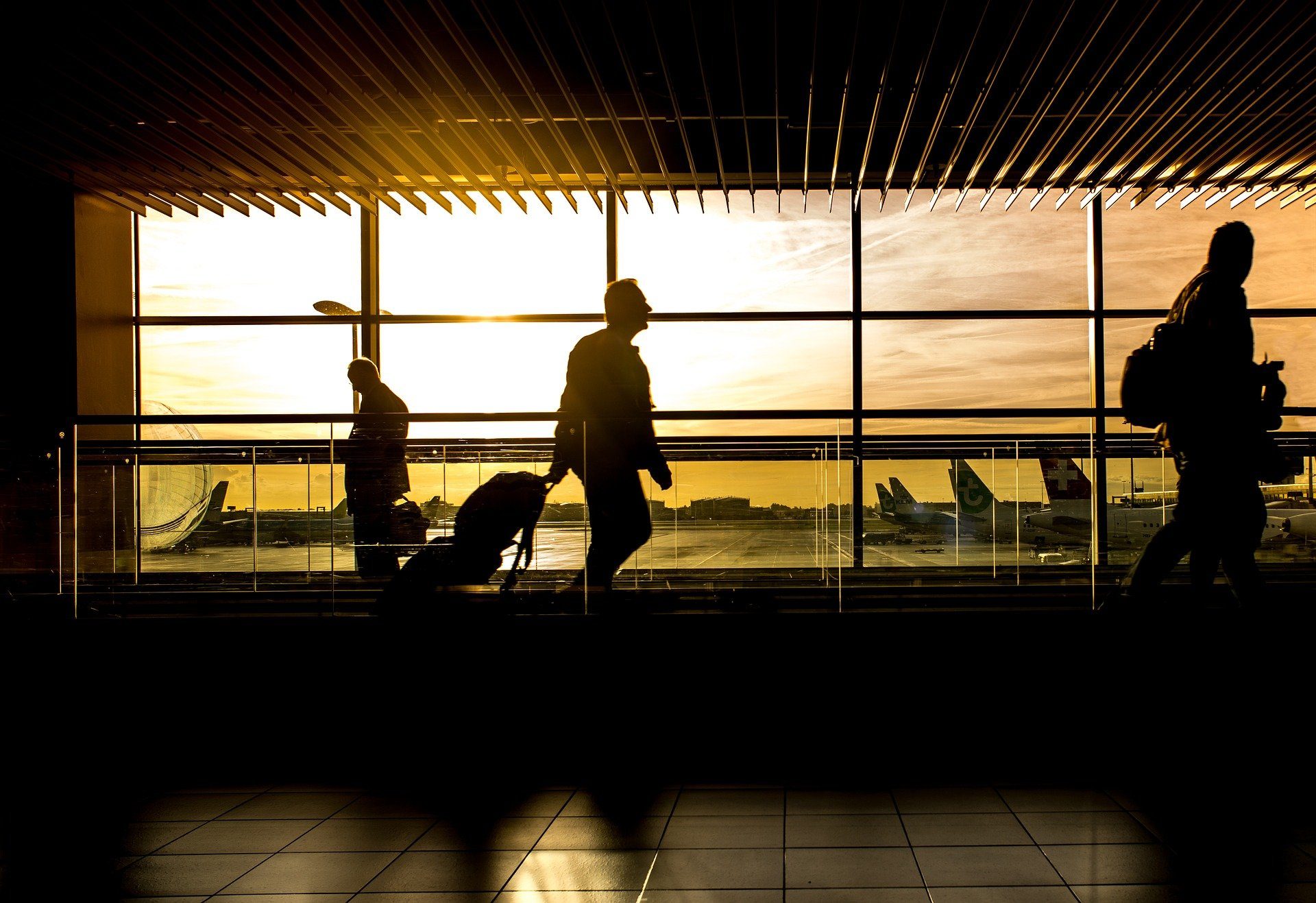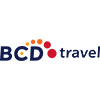This post originally appeared on bcdtravel.com.
You’ve seen the headlines and the hashtags: Business travel is readying for recovery. As travelers prepare for a return to the air and highways, travel arrangers must be primed to support them in changed environments. BCD Travel Supplier Relations Vice President John Wenzelman advises travel teams to plan, stay flexible and lean on the strength of established partnerships as they prepare for the future of travel.
Post-pandemic considerations for corporate travel programs
“BCD’s Supplier Relations group is the liaison between suppliers and our customers,” Wenzelman said. “We really value the position we’re in to collect feedback from both sides on their hot button issues. We want to help figure out what’s of value to travelers and corporations and how we can work with suppliers to best support company goals.”
So, what are the hot button issues?
- Access to technology that improves and eases traveler journeys
- Identifying and mitigating business travel services issues before, during and after a trip
- Using data to manage supplier negotiations
Technology access
Across the board, suppliers are investing in technology to make journeys easier for diverse travel groups, including inexperienced or infrequent travelers, road warriors and leisure travelers. If a traveler so desires, they can book a trip, take the journey, arrive at a hotel, conduct business and return home without ever speaking to a travel arranger or supplier. With the right technology, travelers preferring the security of human contact can benefit from the same with the added assurance of speaking to a person when needed.
Service issues and traveler engagement
The travel environment has likely changed forever. It’s sometimes hard to see, but some good has emerged following disruption. The cleanliness protocols we see today at airports and rental car kiosks – those are positive permanent changes that suppliers know they must maintain to satisfy safety and wellness demands from clients and travelers.
Then, we get to the question of how quickly services will come back. Here’s where travel and program managers should reset traveler expectations. Daily headlines remind us that staffing is challenging everywhere. For business travelers that means airlines can’t respond to our inquiries as quickly as we’d prefer. Hotels don’t have the staff to clean and stock rooms as they normally would. Your favorite meeting sites and restaurants may be closed or operating at reduced schedules. Rental cars may not be easy to come by.
Managing travel will be different. That’s a tough adjustment for road warriors who want to hop off a plane, grab a car and head out for business as usual. Arrangers can help by signaling to travelers how they must adjust their expectations and build more time into trip planning.
Using data to manage supplier partnerships
Today’s disruptions and service changes present opportunities for managed travel programs. First, assess your data for what is changed or different.
Questions to consider:
- Post-pandemic, will this program remain the same size?
- How will travel patterns change?
- How will our travel policy change affect suppliers?
The data categories you consider may not change all that much but the data itself will. The data you have now won’t be robust for at least six to 12 months. Use 2019 as a baseline and talk to internal accounting about travel forecasting to get a sharper picture. Decide with internal stakeholders whether domestic trips will take precedence over international ones. Identify the cities and markets where travel will increase and those where it will be reduced or no longer be needed.
Your data checklist:
- What is overall volume?
- Where is the split of domestic vs international travel?
- Where are your high-density destinations?
- What does the policy allow?
- Does your program provide premium travel?
Talk to your supplier partners about how your findings can turn into mutual opportunities for them and the program. Build a strong business case around any desired concessions. It’s a delicate conversation because suppliers are keenly aware of how spend has changed. Program assessment and analysis can help you enter discussions with strength.
Flexible partnerships
Suppliers have shown their willingness to be good partners through massive disruption. They’re fine with the status quo of contract rollovers and maintaining current levels. One of the finest examples from them is all of the goodwill we’ve seen around policies for unused or non-refundable tickets. It’s impossible for airlines to refund all of the money from the flights not taken. Financially, they just can’t do that. We’ve seen, though, that they’ve made policies to reuse those tickets as flexible as possible. In fact, their willingness to help played a huge role in our ability to help one of our software clients save over US$4.4M in non-refundable plane tickets.
The takeaway is this: As travel recovers, the best travel programs will be the ones where the suppliers and corporations work hand in hand.
Originally published Nov 8, 2021 11:28:22 AM
Last updated on Dec 28, 2022 11:48:31 AM

